Description for Testosterone Propionate 100mg
Testosterone Propionate 100mg is a medication that belongs to the class of androgens, specifically anabolic steroids. It is a synthetic form of testosterone, which is the primary male sex hormone responsible for various vital functions in the body. Testosterone Propionate is one of the many esterified forms of testosterone available on the market.
The main purpose of Testosterone Propionate 100mg is to supplement or replace the naturally produced testosterone in the body. It is commonly used in the treatment of conditions associated with low testosterone levels, such as hypogonadism, delayed puberty, and hormonal imbalances. Additionally, it may be prescribed in certain cases of breast cancer or as a part of hormone replacement therapy.
This medication is typically administered through intramuscular injection. The Propionate ester attached to the testosterone molecule allows for a slower release and a more prolonged effect compared to the unmodified testosterone. The 100mg dosage refers to the strength of each milliliter of the solution.
Testosterone Propionate 100mg works by binding to androgen receptors in various tissues throughout the body. This interaction triggers a cascade of biochemical events that lead to an increase in protein synthesis, nitrogen retention, and red blood cell production. These effects contribute to the development and maintenance of masculine characteristics, such as muscle mass, bone density, and secondary sexual characteristics.
It is important to note that Testosterone Propionate 100mg is a prescription-only medication, and its use must be closely monitored by a healthcare professional. Proper dosage and administration instructions should be followed to avoid any potential side effects or complications. Common side effects may include acne, oily skin, increased body hair growth, mood changes, and changes in libido.
As with any medication, Testosterone Propionate 100mg may interact with other drugs or medical conditions. It is crucial to inform your healthcare provider about any existing medical conditions, ongoing treatments, or medications you are currently taking to ensure safe and effective use of this medication.
In conclusion, Testosterone Propionate 100mg is a synthetic form of testosterone used to supplement or replace naturally occurring testosterone in the body. It is primarily prescribed for conditions associated with low testosterone levels. It is important to follow the guidance of a healthcare professional when using this medication to ensure optimal results and minimize any potential risks.
Shipping Cost
On all orders is set at $25.00
Secure checkout
Protected by Bitcoin
Offer & gift here
On all huge orders




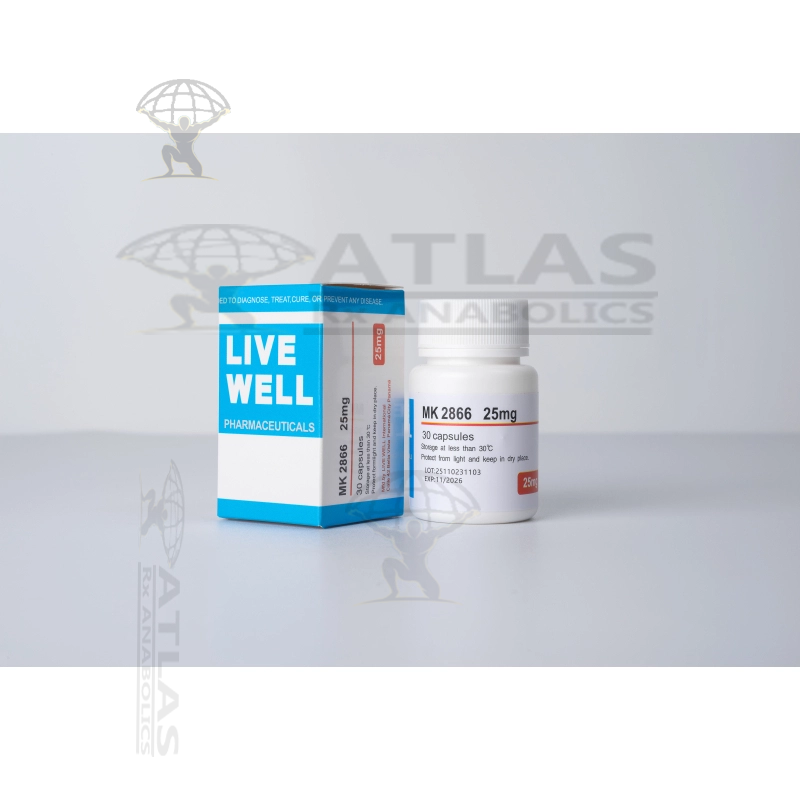
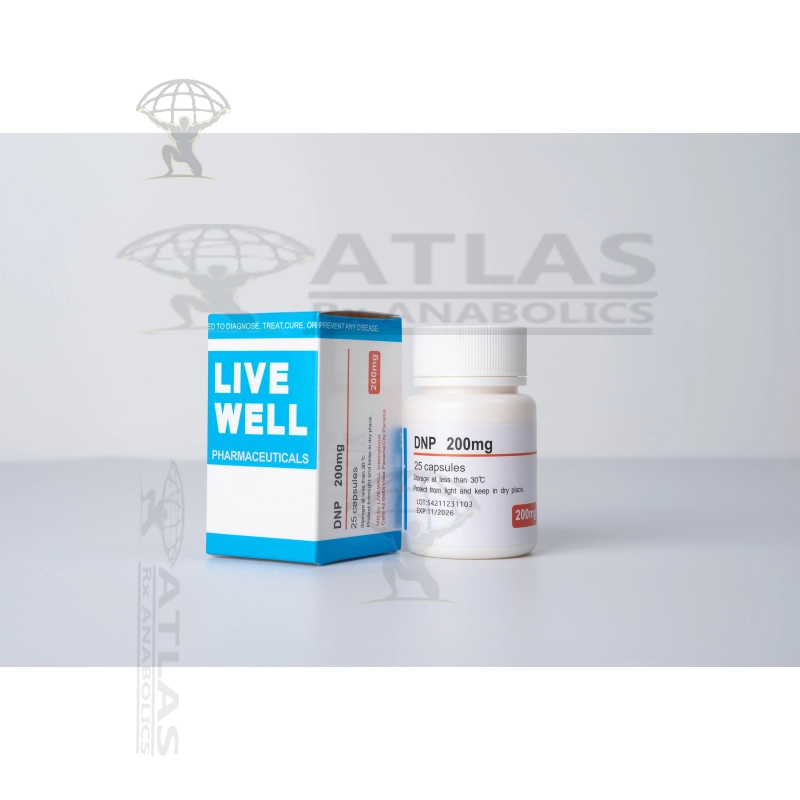
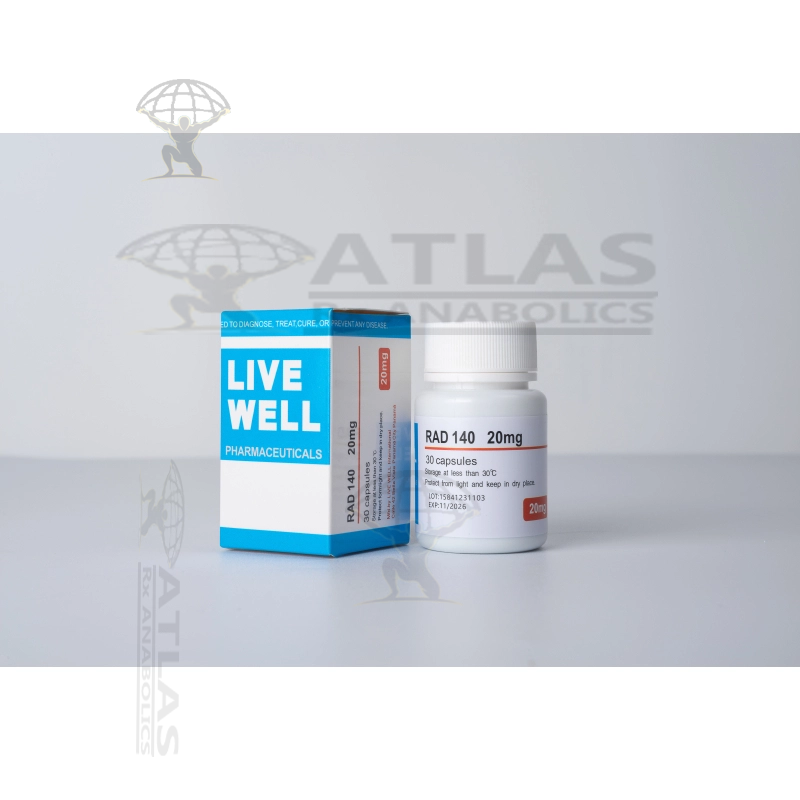
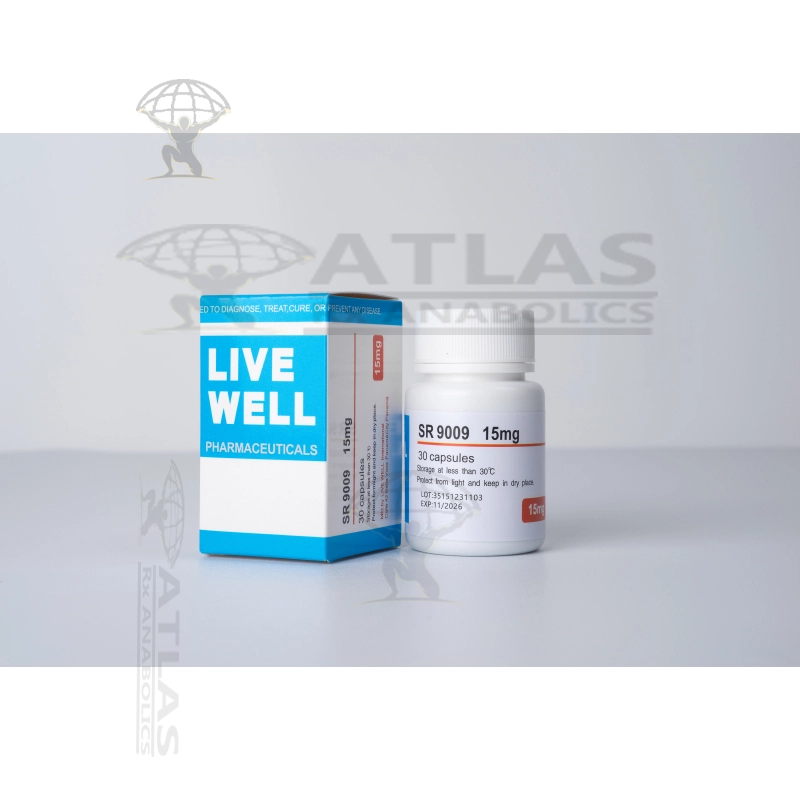
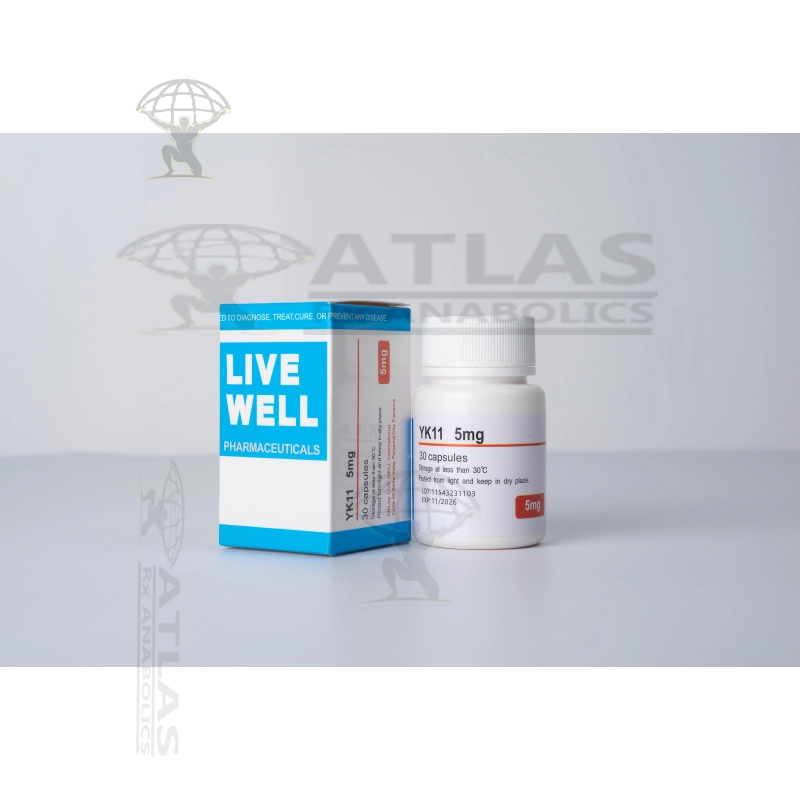
Owen Reed
The customer service was exceptional. They were helpful and responsive throughout the entire process.
William Shaw
This product is a game-changer. It has made my life so much easier. Highly recommended!
Mia Howard
I stumbled upon this website and I'm so glad I did. The products are unique and the prices are affordable. Will definitely be a repeat customer.